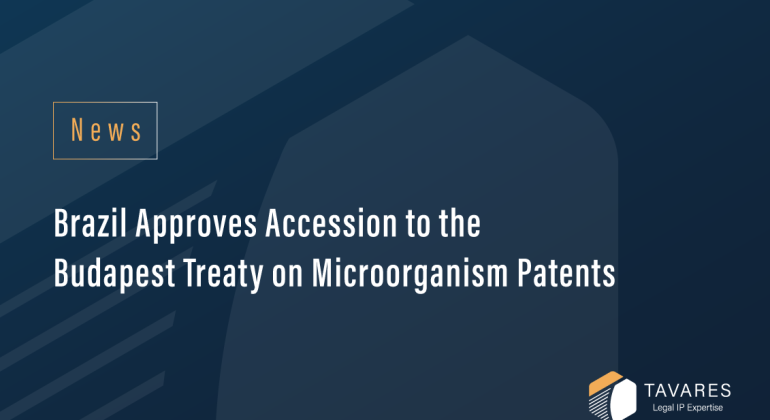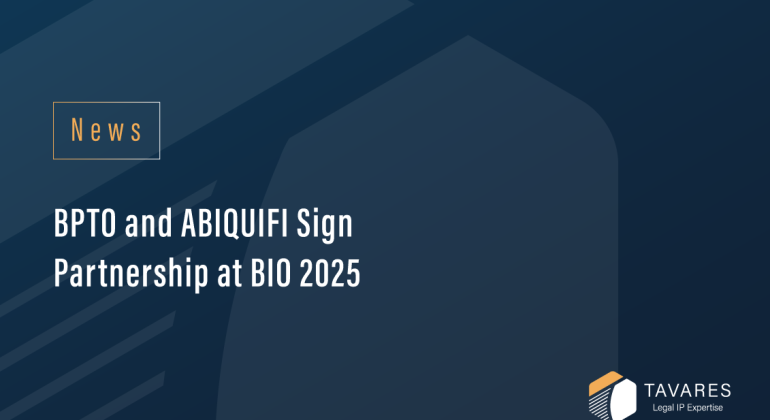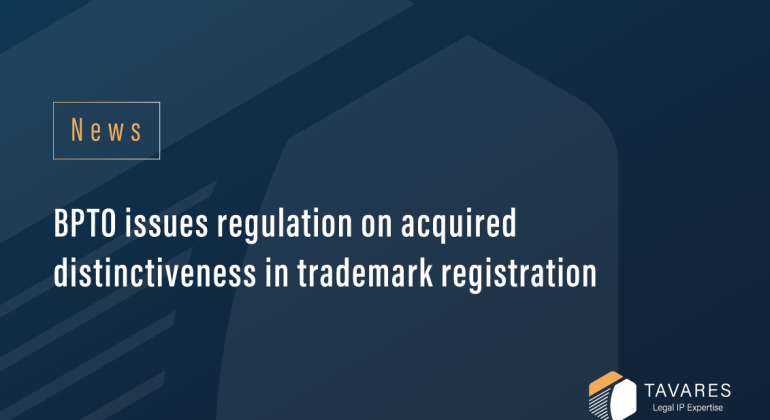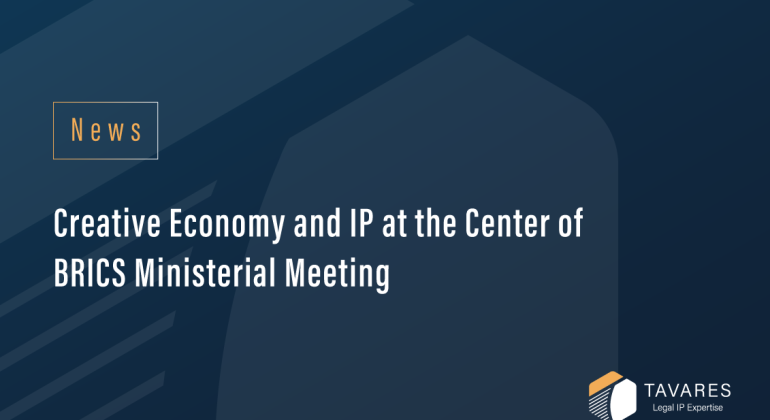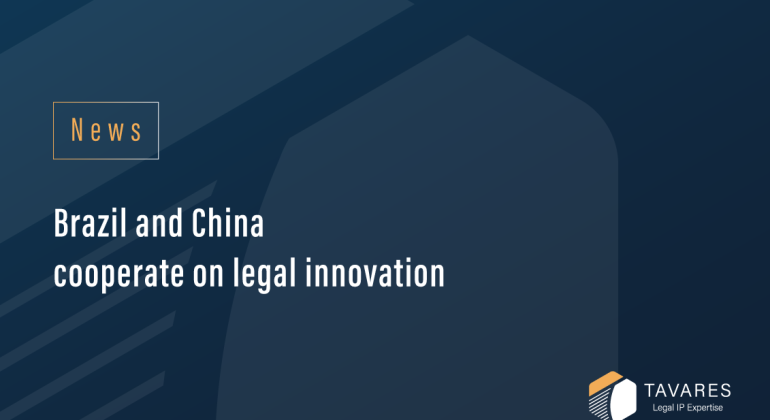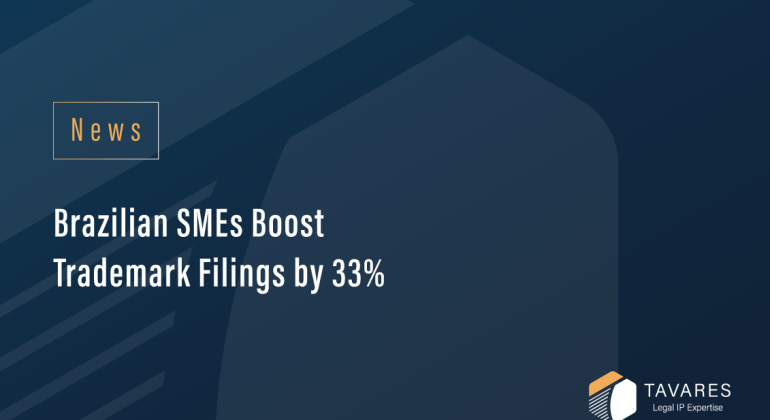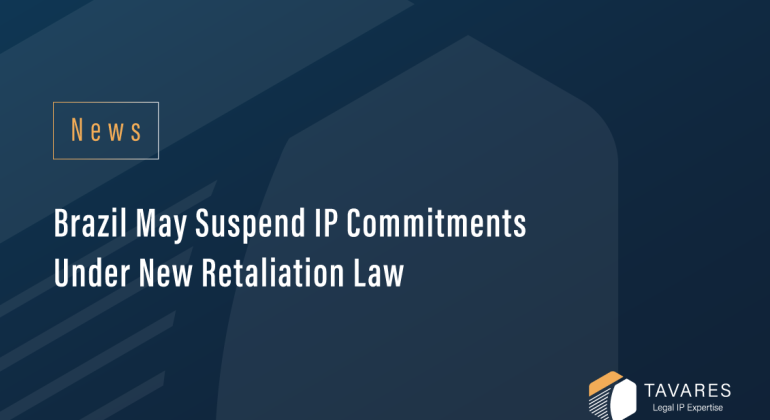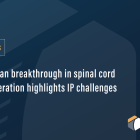The 10th BRICS Ministerial Meeting on Culture, held in Brasília, established culture as a driver of sustainable development, innovation, and social inclusion. Brazil presented key proposals that now shape the bloc’s cultural agenda, including the creation of a BRICS platform for the creative Economy and international cooperation on artificial intelligence and copyright.
Brasília Declaration: culture as a development catalyst
The ministers signed the Brasília Declaration, setting commitments to strengthen culture as a strategic dimension of international policy and sustainable development. Brazil’s Minister of Culture, Margareth Menezes, emphasized the country’s active role in multilateral forums, including the G20, BRICS, and the upcoming COP30.
Artificial Intelligence and Copyright in focus
A central element of the Declaration is the intersection of culture, artificial intelligence, and intellectual property, including copyright. The document proposes creating a BRICS platform for the cultural and creative industries, focusing on standard methodologies to assess the contribution of culture to GDP and enhancing international cooperation on intellectual property in the digital age.
Creative Economy: a strategic sector for BRICS
Delegates highlighted the creative Economy as a driver of innovation and socioeconomic development. India’s Minister of Culture, Gajendra Singh Shekhawat, underscored the sector’s importance in generating income, promoting decent employment, and developing creative skills essential to the growth of emerging economies.
Strategic commitments: culture and sustainable development
The Declaration sets out four priority axes for BRICS cultural cooperation:
- Creative Economy, AI, and Copyright: Focus on building an integrated platform and strengthening governance on intellectual rights.
- Culture and Climate Change: commitment to safeguard cultural heritage from climate risks and integrate culture into the post-2030 agenda.
- Restitution of Cultural Property: fostering cooperation on the return of cultural assets and enhancing heritage policies.
- BRICS Festivals and Alliances: promoting cultural events, such as the BRICS Film Festival to be held in Brazil.
Brazil assumes cultural leadership in the Global South
Minister Margareth Menezes reaffirmed BRICS’ role as a pillar for cultural cooperation in the Global South, inspiring new models of collaboration and cultural justice. The Brazilian presidency, which began in January 2025, drives debates on global governance, health, climate change, and artificial intelligence.
BRICS Summit to be held in Brazil in July 2025
Brazil will host the BRICS Leaders’ Summit on July 6–7, 2025, at the Museum of Modern Art (MAM) in Rio de Janeiro. The summit’s theme will be: “Strengthening Global South Cooperation for More Inclusive and Sustainable Governance,” with leaders from all 11 BRICS nations participating.
Opportunities and challenges for intellectual property
The outcomes of the Ministerial Meeting underscore the importance of robust intellectual property policies within the creative industries and the artificial intelligence sector. For companies and organizations in the culture and technology sectors, following BRICS’ guidelines is essential.
At Tavares IP, we provide expert legal support in protecting copyright and intellectual property in Brazil and Latin America.
→ Contact us to safeguard your creative and technological assets.

